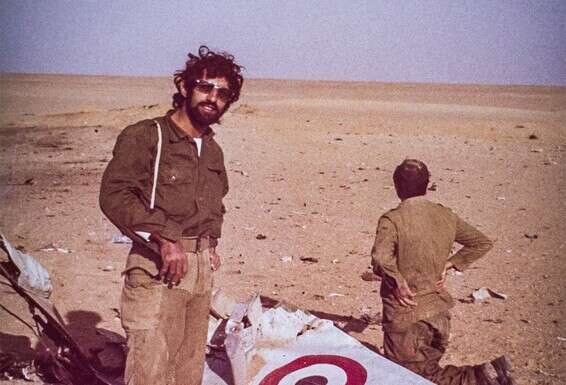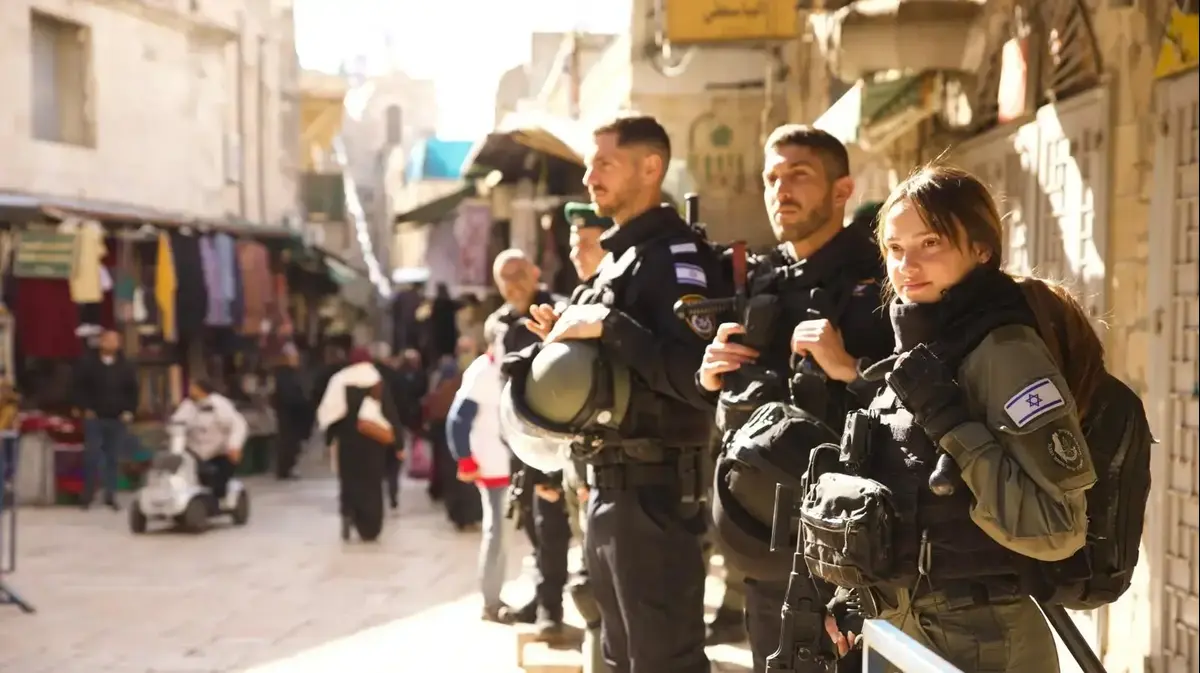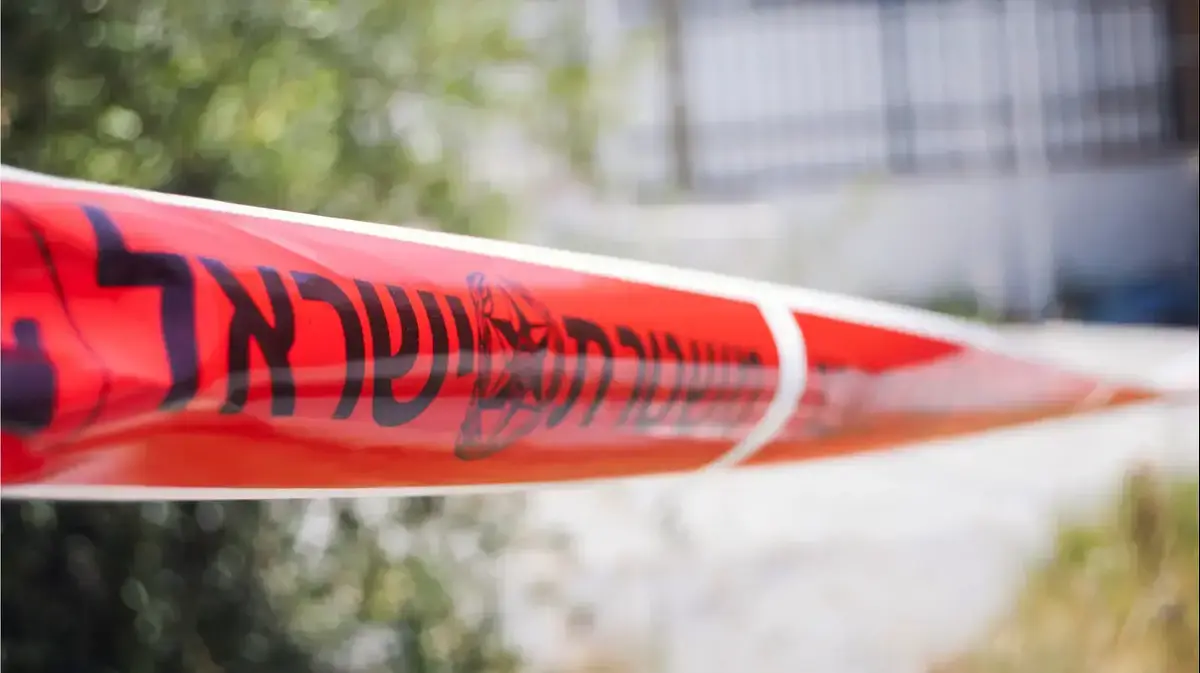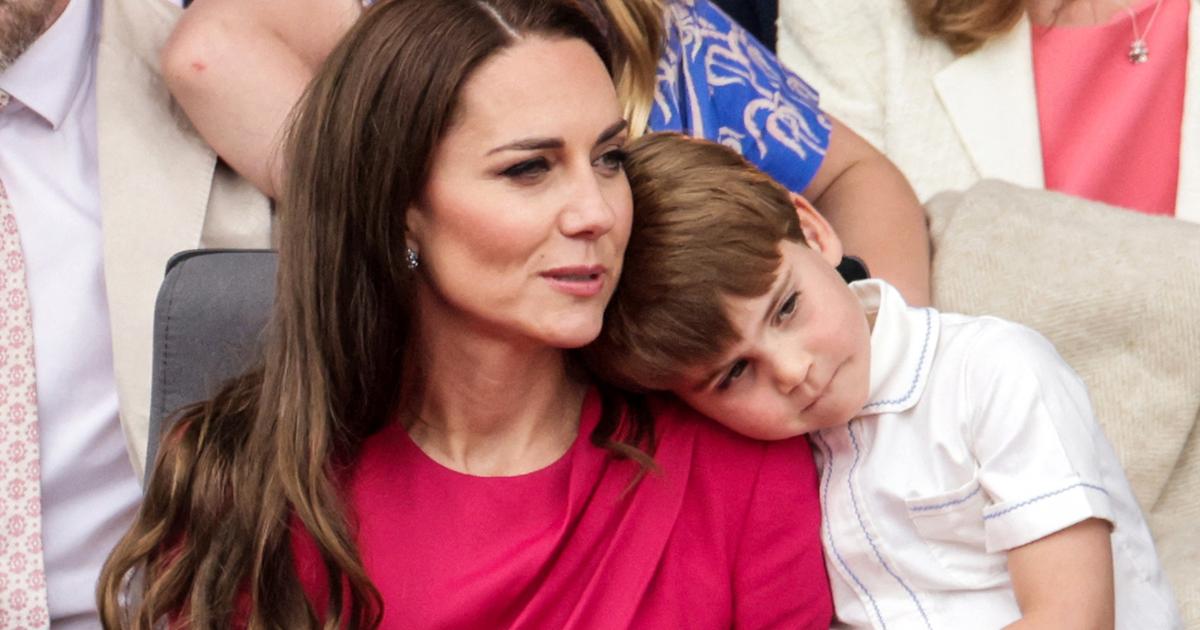Netzer and Talia Dai live the Yom Kippur War through two new books they have written, and through the memories • His "Eternal Present" is an autobiographical novel about a post-traumatic soldier who became a psychologist who treats soldiers, her "With the Wind Comes" tells the story of a psychologist who deals with lost souls
"The writing subconsciously contributed to the outward exposure of the pain that was held within me."
Netzer and Talia Dai
Photography:
Oren Ben Hakon
"Yom Kippur, 1973. The radio plays the slogans for the umpteenth time. 'Razor.' 'Wild goose.' 'Crown diamond.' 'Mom, I have to go. I'm responsible for summoning a few more battalion officers.' His mother tries to convince him. To defect, to hide in the other room. Trying to explain to her that it is a war. That here it is not exile, in the country no hiding in the basement when the army calls. Everything is in vain. She is ripe - begging to hide. His anger grows. Shouts at her that she is exiled, understands nothing. As usual, takes a minimum of things and sets off.
"A man comes out of every house. Some of the guys in uniforms, some in civilian clothes, get on the bus. Every bus that fills up is immediately sent forward to be equipped. The crazy journey begins. A journey of hitchhikers. The main thing is to get south. "Fear, he concluded. Fear of the Holocaust. That's what drives him. He's willing to die so they don't burn his mother and father. It's easy to understand."
This is how the clinical psychologist and expert in hypnotherapy, Netzer Dai, describes the departure for the Yom Kippur War.
"Eternal Present" is the name of the book that deals with the post-trauma of a soldier who became a psychologist who treats soldiers dealing with trauma from the war.
Forty years have passed since the book was written, 48 years since that war, and only now is the concentrated and complex autobiographical novel in which the experiences of a military psychologist who himself suffered a battle shock and suffered post-trauma following combat service in the Yom Kippur War unfolds.
Netzer wrote his personal story here, describing the daily trips by bus from his home in Jerusalem to his work at the base, the flashes of memory that blur the boundaries between then and now in a way that not only the main character finds it difficult to understand where it is located, but sometimes readers. From that war.
The protagonist's intimate relationship with a host of women who try to help him rise from the ruins of the war - some of which he tries to help get out of themselves - is expressed and breaks the image of the hero who is made fearless.
At the same time, a book is published by his wife, Talia Dai, a former translator, writer and journalist.
Her new book, "With the Coming of the Wind," also stars the two core themes of Netzer's book: the Yom Kippur War and hypnotherapy.
While Netzer's book includes descriptions of war that are not easy to read, Talia Menachem's book is happy, a novel that tells the story of a psychologist who treats hypnosis, who leads a treatment group for the free and at home.
It crosses therapeutic and ethical boundaries and even those associated with reincarnation to bring about the encounter between loved ones and loved ones, and resurrects lost souls from the Yom Kippur War.
Fight without self-confidence
The eve of Yom Kippur is a symbolic and exciting time enough to read these two different but similar books (publisher: Itai Bachur) and meet with both spouses in the yard of their home in Mevaseret Zion. Their books are spread out on a wooden table, and Netzer opens his explanations in Talia's library: "Here's an 'innocent script' from 1982, these are Talia's translations of'M Mabonelli 'by LM Montgomery that are in every library and in almost every home, it's Crimson Sails' also translated by Leah Goldberg in the 1940s, but Talia's received praise Many more, and the story "Nikodima's Golden Ring" she wrote about her childhood, and more ... "
"I and another soldier were the only ones who knew how to operate weapons. Fear God." Netzer Dai during the war // Photo: Oren Ben Hakon
Both spouses believe that their new books are optimistic, due to the bright horizons they have for those suffering from post-trauma and choosing to take care of themselves.
This is despite the fact that they both have a full stomach for the nature of the psychological treatment currently on the market and the danger of getting stuck in ineffective treatment over time.
Netzer, when did you start taking care of yourself?
"When I returned from abroad after the war, I realized that something was wrong with me.
That my attitude towards relationships and life is not normal.
I decided that if I was going to be a psychologist, I should try treatment.
I turned to therapy, three and a half years twice a week, occasionally practicing hypnotic techniques to remember things.
There was successful treatment.
He was interrupted when I had to immigrate to Lebanon as part of the 1982 Armored Division.
"I was already married to a girl. There is no doubt that the treatment brought me back to being a pre-war offspring. Later I became an external employee of the Ministry of Defense, I took it upon myself to take care of soldiers who were mentally injured in the Yom Kippur War. I worked for the system for 22 years. I felt that if the military sends a soldier to war and he comes back injured, the military must help. I was drafted into it and it killed me. He made names for me. In the end I said enough, I can no longer. I saw that their attitude towards post-traumatic mental is outrageous. "I could not stand it anymore."
Writing was part of the treatment?
"No. It started spontaneously, the trips at five in the morning to the base near Ashdod were very difficult for me, I looked out the window and the difficult sights from the battlefield popped up, so I started writing them. I brought the materials for treatment but the writing was not the therapist's teaching. It subconsciously contributed to exposure. Of the pain that was contained within me. "
The Yom Kippur War looks to readers from the pages of the book as inevitably carrying many faces of disaster, of trauma.
There are harsh descriptions from the battlefield here: "Do not panic. Commander, and good commander you son of a bitch! Otherwise no one will stay alive. Even the little ones can escape forward. In fact, why not? Shout, 'Follow me! Come on, storm! Be careful not to be run over Under our vehicles! '. While running he also sees the armor running forward. It seems to be the best patent to turn fear into heroism. A soldier approaches him; an idiotic smile pours over his face,' Commander, Jonah's head is flying. I'll go look for his head "He slaps a soldier twice. Recover, man! Now there is no time to deal with the dead. Not even the wounded. Those who come from behind will already take care of them. Come on! The enemy must be summoned before he can shell them all."
And there are harsh descriptions of never-ending post-trauma: "Since returning from Europe he has not found peace of mind. Attempts to forget Daphne evoke memories of war and vice versa, attempts to forget war evoke memories of it. It is impossible to fill the place of fallen comrades; He is willing to accept others in their place. Occasionally criticizes Roni's parents. The father openly accuses him of not keeping his son. The mother hints that he seduced Roni into joining the paratroopers. Shmulik goes crazy day by day, and he can not help. An abyss has opened between them since Shmulik was forced to judge ".
The following describes how the commander, who is also a psychologist, judged his subordinate Shmulik and saw over the years how he goes crazy out of responsibility and guilt over his comrades, the wounded and the dead.
Is the country still in post-trauma since Yom Kippur?
"Yes. Both as a country and as individuals, in the Yom Kippur War most soldiers were traumatized because for the first time they were captives and retreated, and for the first time the High Command did not function properly. At first it was felt. Their planes were efficient, ammunition ran out in the middle of the war, everything was a mess .
"If the country had not been post-traumatic, we would not have started in the Second Lebanon War. Since when has every abducted soldier drawn a war? In post-trauma there is an exaggerated reaction, excessive exposed nerves. Impulsive and nervous military reactions sit on the trauma of the military and the state. "I treated them from the army, they came to this situation as a result of the Yom Kippur War and the constant war in Gaza."
What are the characteristics of post-traumatic events from Yom Kippur?
"Surprise and helplessness. A feeling that there is no one to save. If you heard the recordings of those who were in the strongholds, asked for help and there was no one who could help, they shouted and the army did not get there, hearing them slaughtered by the Egyptians. Some were taken captive. 13 soldiers captured in Egypt, some were slaughtered and the rest beaten to the bone and then captured.We grew up on an education that can always be relied on commanders, and here people were left without bullets in the barrel, with nothing, those who killed - killed, and those who were captured cut their shape. An experience of helplessness, this is how post-trauma is born.
Netzer and Talia Dai // Photo: Oren Ben Hakon
"In addition, the soldiers went to war neither with the commanders known to them nor with the regular crews, anyone who wanted to - got into the tank, come on drive. In such a situation you do not develop self-confidence as a soldier. For me, for example, we learned that an Egyptian commando raid the artillery. I was the commander of a team of 14 40-plus-year-old men, none of whom knew how to fire their personal weapons.
We were alone.
It's God fearing, out of 14 people just two, we just waited for them to raid us with what?
With a 03 machine gun and an antique bazooka. "
The kidnapping attempt that resurfaced
Netzer (71) does not tell about the life that preceded the war, which is crowned as the trauma of his life, but it was not easy either, even if he remembers it longingly.
Born in Kremnesha, Persia, on the Iraqi border, he describes the amazing childhood of a boy who, until the age of 6, wandered everywhere, with a memory that turned after hypnotic treatment he experienced decades after the miraculous experience settled in his mind: "At two years old, a Bedouin tried to kidnap me. She picked me up and started running. A wolf bitch tore the chain, jumped over a four-meter-high fence and bit the kidnapper. The story was then framed among the environment in which we lived as the title: A Jewish bitch bit a Muslim. A very difficult story. No one ever told me anything about it. ".
As part of the hypnotic treatment he underwent, the story floated, and Netzer confronted his parents with the erased experience, 30 years after it took place.
The parents confirmed that the story was true, adding that they were even required to pay generous monetary compensation to the same Bedouin.
"But other than that life was good, I had fun walking around there. We were a wealthy family, amazing weather, mountains, snow in winter, a huge house with a spring in the yard. We left for Tehran in first grade. It was difficult because of the language, because there are 13 provinces in Iran and each province "He speaks a different language. They heard through the accent that I came from another district, but I was an outstanding student."
His professional destiny was already revealed in his bar mitzvah: "I received all my Freud writings as a gift, and then I knew I would be a psychologist. I was in the Jewish Scout movement, we were a religious family and we would spend Yom Kippur at the Alliance School which became a synagogue. The book is Hebrew and Torah and was also the rabbi of the synagogue. We always fasted on Yom Kippur, and my mother would make a special stew to get out of the fast - Gundi - which is cooked for 24 hours in fruit sauce (Talia points out that it is another torture to smell the stew when fasting). It's fasting, and still prepares this particular gundi for the intermittent meal.
"I immigrated to Israel alone," he recalled without a shred of self-pity.
"The family was Zionist, when Yitzhak Ben-Zvi died, my father put a black cloth on the radio as a sign of mourning and we did not listen to radio for a week. I said that Zionism without aliyah is nonsense. At the age of 15 I moved from the Scout movement to the pioneer movement, I realized I should enlist soon - and I immigrated. My brothers. I went straight to Ramat Yohanan to the studio, and then to the Zionist youth farm in Jerusalem. "
He served in the River Patrol, was parachuted and took an artillery commanders course.
He was released with a MTC certificate, went to the Hebrew University preparatory school and in 1973 began his first year. "On Yom Kippur I was at the Western Wall with my brother, I saw planes in the air and I told him there was a war.
He told me 'what confuses your mind'.
I said let's run home.
We ran to a ghost valley, and the rest is written in the book ... ".
Like him, Talia also went through a combat Zionist route to reach Israel.
She was born in Riga, Latvia, and later moved to Jurmala, a family she defines as "enthusiastic Zionist": "We were the first Jewish family to immigrate from Jurmala. Education at home was Zionist, books in Hebrew, we heard Kol Yisrael, both my parents were imprisoned for belonging to a Zionist organization.
"In a meeting with the school principal I was in a terrible dilemma - what to tell her? Should I tell her that I want to immigrate to Israel and thus endanger the parents? I decided that the best thing is to break out in hysterical crying. Of course the principal has no tools to deal with such a response. From there, the companies saw me coming out of the principal's office and sobbing, and asked, 'What happened?'
I said: "They are sending me to Israel, and they thought that was the punishment that the principal was giving me."
She recounted her childhood experiences in the book "Nikodima's Golden Ring" - "Authentic experiences of childhood in the USSR" with the addition of a mixture of Soviet reality and magic.
"I received rave reviews for the book, even Mickey Kam did an episode of 'Reading Direction' on educational television, I'm a big fan of her."
Talia also spent her youth in the kibbutz, and it was difficult for her as well, but on the eve of Yom Kippur she is not considerate but thanks for "the best education given at that time."
In addition to being a translator and writer, Talia has run Netzer's Clinic for many years, a very noticeable partnership in a book I could not possibly imagine, describing a period in the life of a non-parental psychologist who had just divorced her husband.
The professional woman recognizes in her patient a destructive relationship on the one hand, and the potential for a beneficial relationship on the other hand, and insists on treating with hypnosis and reincarnation - a treatment that ultimately succeeds, even though all ethical boundaries are crossed.
If you want - the change comes
From the book: "Where does all this lead me? And the most critical question - where did it lead her? What did I do for her, me, Dr. Shlomit Klein, an expert in hypnosis, cognitive therapy and some other mysterious methods that no one has heard of.
And going back to the question of what I did for her, the obvious answer at this point is - nothing.
And worst of all, I have no choice but to fix it.
That the patient had emphatically announced her desire to discontinue treatment.
Dr. Klein, I address myself seriously, when will you finally come to terms with the fact that treatment failure is an integral part of the deal? "
The book is written in the first person, as if you were a psychologist.
"I took content from Netzer's work and our life together. He also ran free-for-all groups at the time. My connection to the field was to make them coffee at the beginning of the session and turn up after that. I have a first-hand understanding of what these things look like."
Netzer: "She was my official secretary. She managed the institute and the clinic with a high hand."
Talia: "Netzer is also mesmerizing, I heard many experiences of reincarnation. The main inspiration for the book was his number, 'Eternal Present', written 40 years ago. I knew him closely. So much so, that I took a certain situation from the book of a soldier coming from the front to inform the girl that the friend Its killed. "
In both books the hypnotic treatment is mentioned by default.
Netzer: "In 1980 I was at a conference of psychologists and Dr. Kleinhaus, who is the father of Israeli hypnosis, gave a lecture.
I had a phobia of hypnosis, because when I was a kid in Persia they brought a Russian hypnotist who hypnotized people through TV.
He asked the audience to put their hands on their heads, and hypnotized us so that their hands would stick together.
I was a ten-year-old boy then, I did it along with other masses and when everyone was hypnotized - the electricity went out in all of Tehran.
Imagine the situation: the Tehran press had no electricity, the TV was turned off and my hands were stuck on my head.
None of the family members were able to release me.
"Finally, the electricity came back on and the hypnotist set the hypnotists free, but I still had the fear."
Hypnotic power works only on those who believe in it?
"It's about being able to be hypnotized, yes. If you want it to happen. If you give up. When there was a workshop at a conference 40 years ago, the hypnotist immediately absorbed my fear. I told him and he released me from the anxiety."
it is not dangerous?
"With skilled hands - no. It's like a knife. A surgeon knows how to save a life, a psychopath endangers your life. The same with hypnosis. Hypnosis is great for treating physical pain, anxiety, there are studies that show mental problems that respond well to hypnosis, treatment for focused mental trauma "When I work with hypnosis, sometimes I try things that are not related to psychotherapy. But these are areas that are studied, what power the brain has over the body, and then the mind can be mobilized to help the body."
Is it also possible to teach the mind to control emotion?
The late Prof. Watkins has developed a method that teaches through a hypnotic technique that the person speaks to different parts of his personality in a hypnotic process to do a process on parts that are less cooperative, because of trauma.
You learn to mediate between the brain and the emotional part, so that if a person harms himself - hypnosis can be helped within the internal negotiations. "
On the eve of Yom Kippur 5741, 48 years after an alarm alarmed the Yom Kippur prayer of the future student at the Western Wall, Netzer Dai no longer treats soldiers: "Today I focus on people with severe childhood traumas, girls who have been sexually abused, depression, anxiety."
In the month of Tishrei we talk about change. What is your lesson? It is possible?
"Yom Kippur prayers and Rosh Hashanah decisions are not just. We can if we decide. Look what I went through. You can change."









